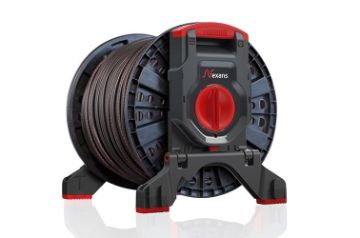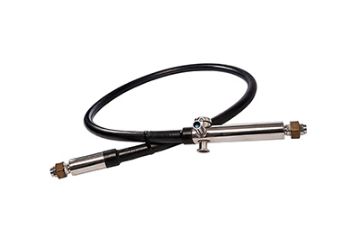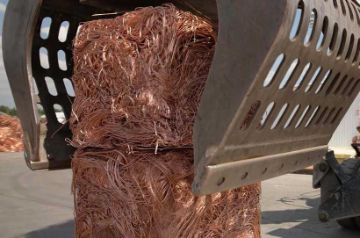- Markets
- Products
- Services
- Newsroom
- Tools & Resources
- About Nexans
- Search
- Contact us
- Compare
- Sign in
ABS 0963-003 LF

ABS 0963-003 LF
Optical fibres and hybrids (optical + electrical) in harsh environment
Read moreDescription
Description
Standards
-
ProductABS 0963-003 LF; ABS 0963-003 LF; EN 4641-100
Applications
With these high mechanical, chemical and optical properties, this cable has been designed for harsh environments such as :
- Aeronautical
- Geophysics,
- Space,
- Missile,
- Chemical industry.
Construction
- OPTICAL FIBER
Core + cladding + coating
Silica/Silica/Silicone type 62.5/125/400 μm
- PRIMARY JACKET
Copolymer zero halogen high temperature
∅ = 0.90 ± 0.05 mm
- MECHANICAL STRENGTH
Polymer aromatic fiber braid
- OUTER JACKET
Copolymer zero halogen high temperature
∅ = 1.50 mm (for info.)
+ ETFE
∅ = 1.80 ± 0.1 mm
Minimum bend radius
Storage > 40 mm
Long term > 20 mm
Short term (installation) > 12 mm
ABS 0963-003 LF - Main data
|
|
|
|
|
|
|
|
ABS 0963-003 LF - Strong points
|
Mechanical properties :
|
Optical properties :
Chemical properties :
|
ABS 0963-003 LF - Connection
Stripping of primary jacket , buffer and coating.
If mechanical stripping is used , we highly recommend :
- To strip directly from primary jacket to silica
- To carefully clean silica with a solvent such as MEK (Methylethylketone).
Residues of silicone can be removed with a wet tissue by wiping off of different angles in order to clean all the circumference of the silica.
If you dip bare fibre into solvent , take care to avoid contact between solvent and other part of the cable such as strength members, silicone and jacket.
Resources
Resources
Our websites
Select your country to find our products and solutions
-
Africa
- Africa
- Ghana
- Ivory Coast
- Morocco
- North West Africa
- Americas
- Asia
- Europe
- Oceania







